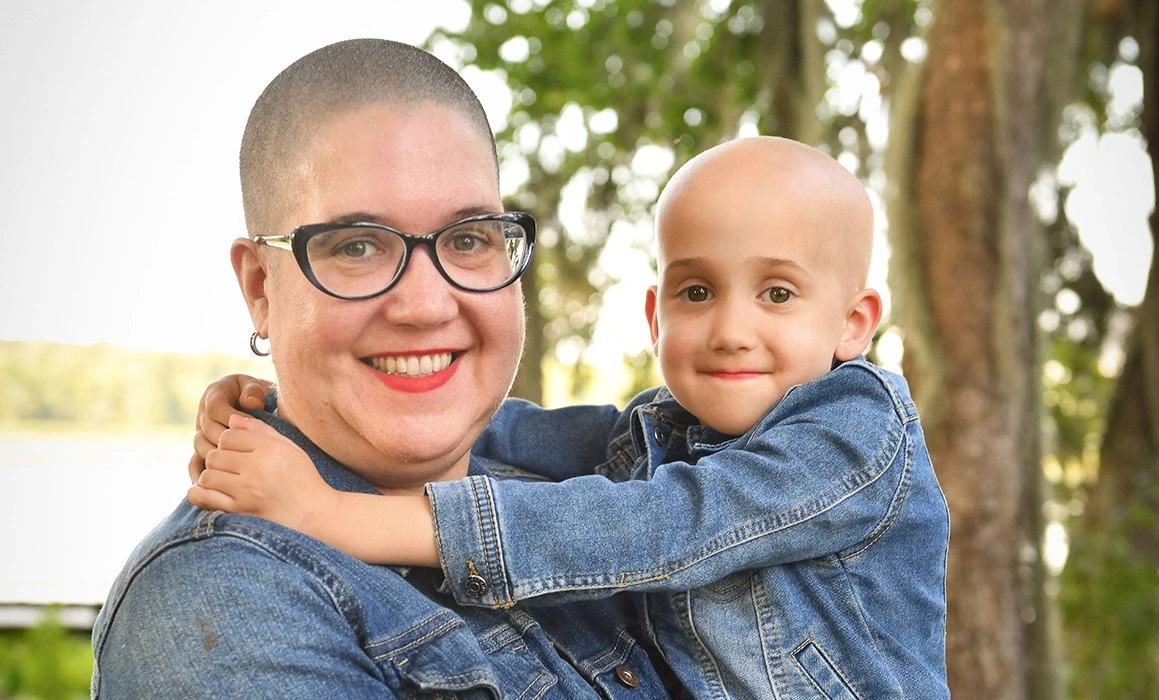>Dear Hospital Staff,
Recently we came to your hospital and presented to you on the topic of Correct Death Reporting Procedures. However, since that time, it has become abundantly clear that you were not paying attention at all. I’ve taking the liberty of jotting down some things that are of concern to my office, in hopes of rectifying this situation in a professional manner.
#1. Contrary to your beliefs, my office is not a dumping ground for the recently departed. Not every death that lands in your emergency room automatically becomes a Coroner’s case. There are steps that YOU are required to take in determining if the death of YOUR patient meets the criteria to be reported to my office. In addition to that individual’s name, date of birth, admission, time, pronounce time and next-of-kin contact information, YOU will also need to gather medical history information, determine if the patient was treated by a primary care physician, contact that physician and find out if that physician will sign the death certificate. THIS IS YOUR JOB!
For example, a 95 year old with a history of hypertension, stroke, heart attack, liver cancer, prostate cancer, and kidney cancer, who is under the care of a primary care doctor (or in this case, a primary care doctor, cardiologist and oncologist) does not meet the criteria for being reported to the Coroner’s office, just because he dies in your emergency room. This is why you have to collect all of the previously discussed information-so that you can determine what needs to be reported.
You might be asking yourself: “What does the Coroner do?”
Well, once you determine if the death meets the criteria to be reported to my office, my office will then make the determination as to whether or not we need to investigate this death further. There’s a whole lot more involved than that but since you’re having problems understanding the most basic instructions, I thought I’d provide you with the Cliff’s Note’s version. All spelled out real nice with small words.
In addition to the fabulous powerpoint presentation we gave to your hospital, that included gruesome and graphic visual effects, we also gave you a copy of the death reporting form that our investigator’s use to collect information from you when you call. The purpose of providing you with this form was so that you would know what information we would be asking of you when you called us.
This next complaint is probably our fault for not explaining the obvious to you. The purpose of the death reporting form was not so that you and your staff could fax it over to us in lieu of calling us.
#2 Approximately three weeks ago a member of your staff filled out the form, providing next-of-kin information, medical history and a doctor who was willing to sign the death certificate. YAY! To that employee who collected that information. PROBLEM: That employee did not include on the form, the name of the individual who had died and also neglected to mention that the person who died, succumbed to a gun shot wound to the chest. Other problem: a hospital doctor cannot sign a death certificate under those circumstances. I thought that had been made clear when we went over the section that covered Traumatic Deaths, but then, maybe not.
In a final note: Pissing contests are generally unacceptable and my office would like to avoid them all together. Therefore, it would be best for all involved parties if, rather than throw a temper tantrum and refuse to collect this information, you would be a good sport and collect it like you’re supposed too.
Sincerely,
The Investigator who’s wondering “Where the hell were you when I went over this?“
P.S.
For those of your hospital staff who detest contacting my office to report deaths, I would like to state that there is a way to avoid any future unpleasant conversations. Of course, it would require you and your staff to discontinue killing your patients. Challenging! I know.
Share this:
- Click to share on Facebook (Opens in new window)
- Click to share on Twitter (Opens in new window)
- Click to share on Pinterest (Opens in new window)
- More
- Click to share on Reddit (Opens in new window)
- Click to share on Telegram (Opens in new window)
- Click to print (Opens in new window)
- Click to share on Pocket (Opens in new window)
- Click to share on LinkedIn (Opens in new window)
- Click to share on WhatsApp (Opens in new window)
- Click to share on Tumblr (Opens in new window)








One Response
>Fascinating letter! I can only imagine how frustrated you must feel going over this with them again – especially AFTER your presentation!